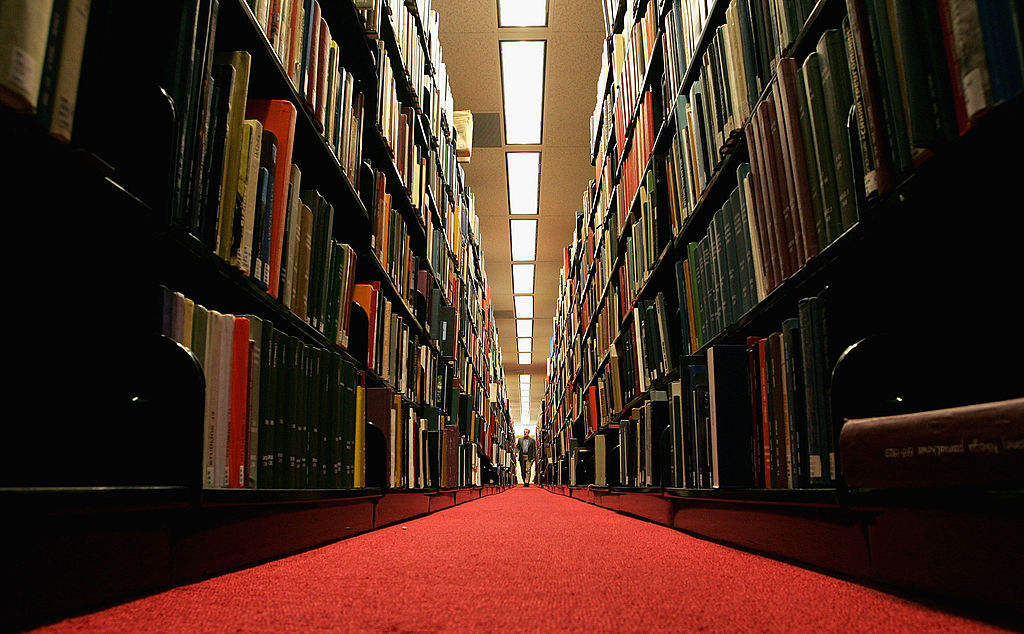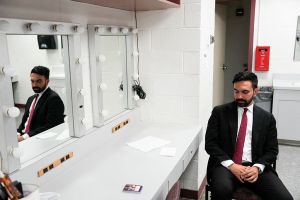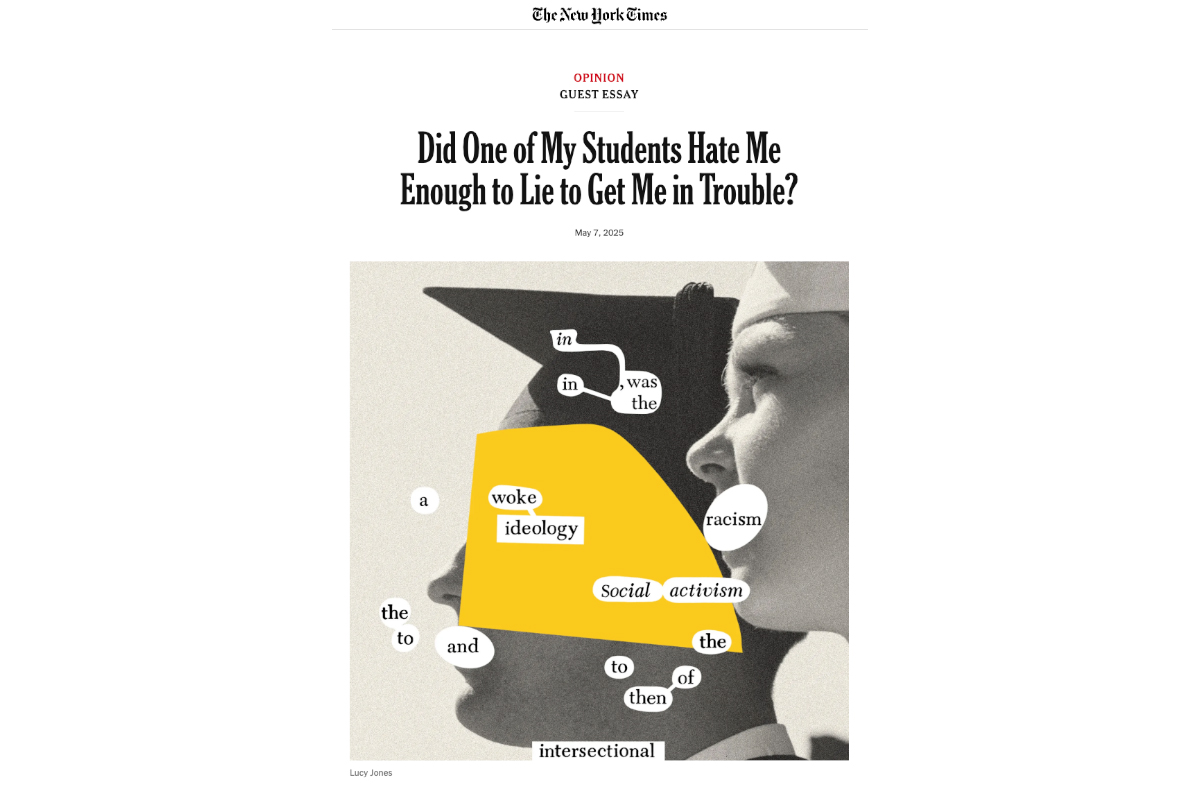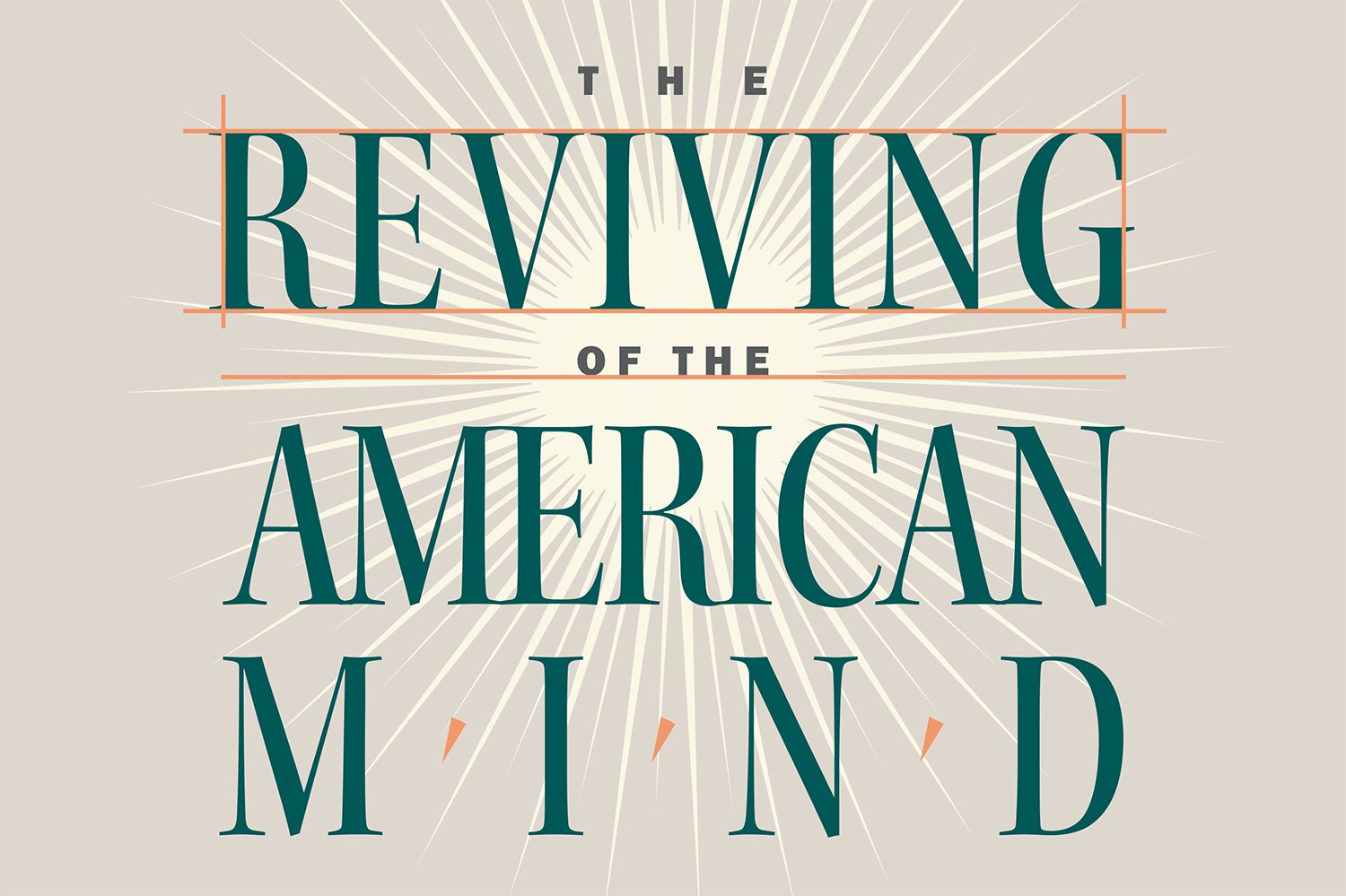Peter Boghossian can’t keep himself behind the lectern. He is restless, bobbing about like a prizefighter. It is the opening-night banquet of the first offering from UATX, a university we are building in Austin. The two-week program, the “Forbidden Courses,” has brought together forty students from universities across the world. They are listening to the former philosophy professor lay out strategies for engaging in difficult conversations. “Rule Number Seven,” he offers, “always watch your but.” Tittering across the room. “After listening to someone else’s opinion, don’t respond, ‘I hear what you are saying, but…’ Try instead, ‘I hear what you are saying, and…’” Dialogue is not a zero-sum game. It is additive.
Last November, we announced that we were building an institution in Austin dedicated to the “fearless pursuit of truth.” Strategic plans and high-minded principles are fine and necessary, but truth-seeking is an activity, and we knew that even as we engaged in the grinding yet gratifying process of creating a new institution, we needed to do what it is that we said we had set out to do — pursue truth. So here we are, eight short months later in the pernicious Texas summer heat, convening faculty and students to have conversations about some of the most vexing questions of our day: gender, empire, race, capitalism. “The pursuit of truth,” Boghossian explains, “is predicated upon the rational exchange of ideas.” A hand is raised, a young man from the Sorbonne. “What about truths,” he asks, “that are not reducible to reason, like matters of religious faith?” “There is absolutely no rational justification for religion, so I’m not sure what there is to even talk about,” Boghossian counters. A dozen hands shoot up, a few students even leap out of their seats. A puckish twinkle in Peter’s eye. It’s going to be a lively couple of weeks.
We are all imperfect creatures. What we know about the world, we know only in bits and fragments. To better understand those things which are worth knowing, we must rely upon others to help us assemble the pieces, to fill in the gaps. This is the reason we gather together in these strange communities we call universities. Our starting position should be one of intellectual humility — yet admitting what we do not know also makes us vulnerable. Thus trust is the fundamental element of true conversations, trust that emerges from magnanimity and grace.
It’s awe-inspiring to watch a community of trust taking shape: the historian Niall Ferguson, the busiest person I have ever met, spending nearly every waking hour, from breakfast onward, engaging with students. The brilliant writer Ayaan Hirsi Ali in quiet conversation in an alcove with a young woman who is clearly struggling with something personal and profound. Rob Henderson, a Cambridge PhD candidate but already a rock star among our intellectually ecumenical cohort, sharing his remarkable life story. The cultural critic Thomas Chatterton Williams, all the way from Paris, challenging those in his seminar to think of black writers such as Richard Wright and James Baldwin as America’s most loyal critics. Kathleen Stock and Deirdre McCloskey stage a public debateon issues surrounding transgenderism. It is tense, but it is also substantive and deeply clarifying. It is difficult to imagine such a civil conversation on this topic, and such civil student engagement, on most college campuses today. The room is packed and the air electric. Stock shares that this is the first time that a transgender person has offered to discuss these issues with her face to face; they are each principled and passionate in their positions. The conversation ends with the two embracing.
The only response to our culture’s ambient nihilism is to build, to create. The journalist (and UATX trustee) Bari Weiss, speaking to our students, challenges them to think of themselves as founders: “Building is a political philosophy. Itis neither red nor blue, progressive nor conservative. It is averse to the political short-termism and zero-sum thinking that permeates our aging institutions that won’t protect us in this era. There is no fixed pie when it comes to building. Building is an action, a choice, a decision to create and move. It is shovels in the dirt, with a motley crew of doers who get the job done because no one else will. Building is the only certainty. The only thing we can control. When the projects we believed were Teflon-strong are fraying like the history they toppled, the only thing to do is to make something new again.”
We are settling into seats on a bus, after an evening of barbecue and honky-tonk. I am exhausted and a bit dispirited. While the students spent the day in seminars and workshops, I was distracted with the minutiae of institution-building — accreditation, fundraising, engineering surveys. Then a tap on my shoulder. “Hey Mr. Kanelos, are you a Dimitri, an Ivan,or an Alyosha?” The two young women behind me have been discussing, over smoked brisket and the plaintive strains of country music, the archetypes that the three Karamazov brothers represent, the appetitive, the rational and the spiritual. “I’m an Alyosha trapped in Ivan’s world,” I sigh. They smile: “That’s just the story that you tell yourself.” I turn around in my seat to face them: “Maybe, but—” The other one stops me: “Maybe, and…”
This article was originally published in The Spectator’s September 2022 World edition.

























